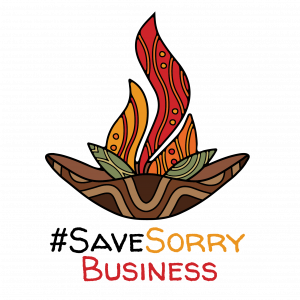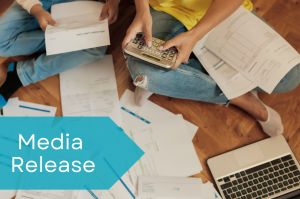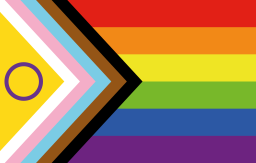First Nations advocates welcome $3.5million penalty of ABCF/Youpla for misleading community about being Aboriginal owned
First Nations advocates from the Save Sorry Business Coalition have welcomed the $3.5 million penalty imposed on ABCF Funeral Plans Pty ltd (ACBF) in the Federal Court today.
Consumer advocates fought ACBF for decades on their systemic misrepresentation to First Nations people about their dodgy product. ACBF misled the community about their business being Aboriginal owned by using Aboriginal imagery on their contracts, clothing and business cards.
The Australian Securities and Investment Commission (ASIC) commenced proceedings against ACBF in 2020 alleging, amongst other things that, that ACBF made misrepresentations between 2015 and 2018 that it was owned or managed by an Aboriginal person or persons when it was not. Whilst the Federal Court imposed a $1.2 million pecuniary penalty on the successful claim, consumer advocates were gutted when the primary judge rejected the ownership allegation on the basis that while the representations had been made, ASIC had failed to prove they were not true.
We were pleased when ASIC were successful in a 2024 Full Federal Court appeal on this point. The appeal court found that the evidence supported that ACBF was not Aboriginal owned during the relevant period, despite misrepresenting to the community that it was. We welcome the substantial penalty for representing you are Aboriginal owned when you are not and that ASIC has shown other businesses that it will take action against this conduct.
Save Sorry Business Co-ordinator Bettina Cooper said: “This penalty doesn’t help the thousands of people who were deceived into thinking they were buying a funeral plan from an Aboriginal owned business. But it very clearly warns other businesses that if you claim or imply you are a First Nations business in order to make money and advantage of community and you are not, you will be held to account”.
Reflecting on the deliberateness of ABCF/Youpla’s behaviour, in his written comments Justice Goodman stated: “ASIC submitted that the making of the Aboriginal Ownership/Management Representation was deliberate and callous and involved egregious conduct. I agree”.
Ms Cooper continued: “The finding around ABCF misrepresenting being an Aboriginal owned organisation was incredibly distressing for community and made it hard to fully appreciate the broader findings about ABCF’s conduct. But ASIC listened and acted to appeal this principle. We thank ASIC for pursuing this very important matter for all the people who were misled by ABCF/Youpla”.
She concluded: “The ACBF Court of Appeal decision sets an important precedent on misrepresentation of First Nations ownership or ‘black-cladding’. Government agencies should continue to identify and take action against black-cladding, so legitimate First Nations owned organisations are able to flourish and support their community”.
Useful contacts
- Mob Strong Debt Helpline - 1800 808 488 or facebook.com/mobstrongdebthelp
- Indigenous Consumer Assistance Network - 1800 369 878 or ican.org.au
About Youpla/ACBF and the Save Sorry Business Coalition
For 30 years, the Aboriginal Community Benefit Fund, trading as Youpla, aggressively sold poor-value funeral plans to Aboriginal and Torres Strait Islander people across Australia.
The Save Sorry Business Coalition is a First Nations-led campaign supported by 130 organisations and over 20,000 Australians seeking a fair and enduring resolution for First Nations people harmed by the misleading and deceptive conduct of Youpla and the massive and prolonged failure of government and regulators over two decades.
The Youpla Support Program which commenced on 1 July 2024, to support people affected by the collapse of ACBF/Youpla. Policy holders eligible for a payment would receive either 60% of all the payments they made, or the benefit amount on the ACBF certificate, whichever is lower. The Save Sorry Business Campaigns commends the government for this program but notes that many of the estimated 14,000 people who suffered a loss may not be eligible under the program because their involvement was so long ago, nor will many people fully recover their losses in full.


